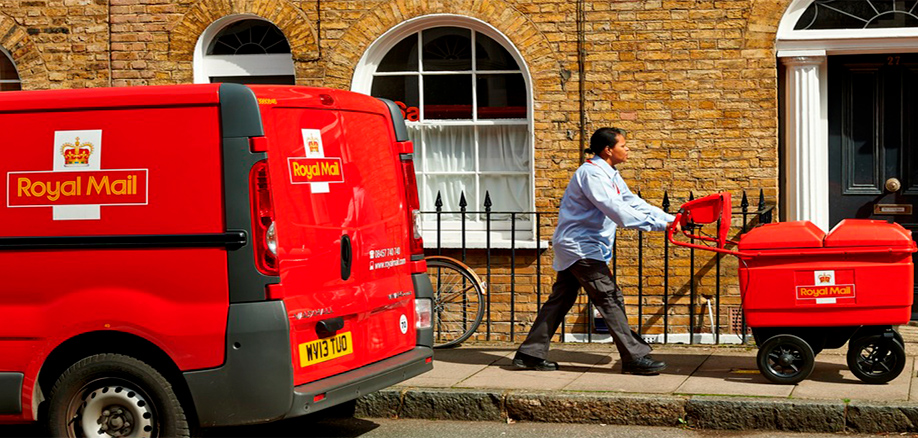Royal Mail Group, one of the most iconic names in the postal and courier industry, has a storied history dating back over five centuries. This blog explores the rich legacy, current operations, and future innovations of Royal Mail Group, highlighting its significance in the modern world.
A Glimpse into History
Royal Mail Group was established in 1516 by King Henry VIII, initially serving as a means to ensure communication between the monarchy and its subjects. Over the centuries, it has evolved from horse-drawn carriages to a sophisticated network of transportation and logistics, playing a pivotal role in the development of communication systems in the United Kingdom and beyond.
Modern-Day Operations
Extensive Network
Royal Mail Group operates an extensive network, covering the entire UK and delivering to millions of addresses every day. With a robust infrastructure that includes sorting centers, delivery offices, and a fleet of vehicles, the group ensures timely and efficient mail delivery.
Services Offered
Royal Mail Group offers a wide range of services catering to both individuals and businesses. These include:
- Letters and Parcels: Standard and express delivery options for domestic and international destinations.
- Special Delivery: Guaranteed next-day delivery with tracking and signature on delivery.
- Business Solutions: Tailored services for businesses, including bulk mail, marketing mail, and e-commerce solutions.
- Redirection Services: Helping customers redirect their mail to new addresses when they move.
Technological Advancements
In response to the growing demand for digital solutions, Royal Mail Group has embraced technology to enhance its services. This includes:
- Tracking Systems: Real-time tracking of parcels to provide customers with up-to-date information.
- Online Services: A user-friendly website and mobile app for managing deliveries, scheduling pickups, and accessing various postal services.
- Automation: Automated sorting systems to improve efficiency and reduce delivery times.
Environmental Initiatives
Royal Mail Group is committed to sustainability and reducing its environmental impact. Some key initiatives include:
- Green Fleet: Investment in electric and low-emission vehicles to reduce carbon emissions.
- Recycling Programs: Promoting recycling within its operations and encouraging customers to recycle packaging materials.
- Sustainable Practices: Implementing energy-efficient practices in offices and sorting centers.
Challenges and Adaptations
The postal industry faces numerous challenges, including competition from private courier companies and the decline in traditional mail due to digital communication. Despite these challenges, Royal Mail Group has adapted by diversifying its services and focusing on parcel delivery, which has seen significant growth with the rise of e-commerce.
Future Innovations
Royal Mail Group continues to innovate, with plans to further enhance its services and expand its reach. Future initiatives may include:
- Advanced AI Systems: Utilizing artificial intelligence to optimize delivery routes and improve customer service.
- Drone Deliveries: Exploring the potential of drone technology for faster and more efficient deliveries, especially in remote areas.
- Enhanced E-commerce Solutions: Developing new tools and services to support the growing e-commerce market, helping businesses streamline their shipping processes.
Conclusion
Royal Mail Group remains a cornerstone of the UK’s communication and logistics network, blending its rich history with modern innovations. As it navigates the challenges of the digital age, the group continues to deliver excellence, reliability, and sustainability. With a commitment to adapting and evolving, Royal Mail Group is poised to remain a key player in the postal industry for years to come.




